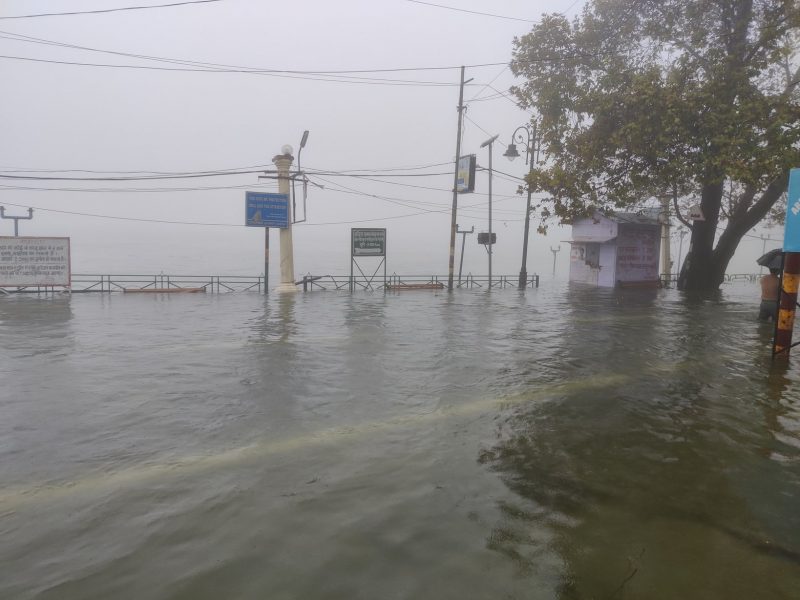
Lessons not learned: Environmentalists on Uttarakhand, Kerala tragedies

Nature experts and activists are questioning the poor adaptation measures by governments and local authorities in dealing with the rain-related flood and landslide disasters in Kerala and Uttarakhand, where extreme weather events have become sort of a routine.
Both the states had information about the weather events well in advance if one looks at the weather reports of the India Meteorological Department (IMD) and private weather forecaster Skymet.
But, both the states were found lacking in local-level disaster reaction mechanisms—which is largely done by national and state disaster forces— advanced landslide prediction systems and evacuation process in low-lying vulnerable areas, which were the most affected and where most lives and properties were lost, according to some experts and environmentalists.
“Uttarakhand disaster was due to an interaction of easterlies with abundant moisture over Indo-Gangetic plains and a middle latitude westerly system… It was well predicted by IMD,” Madhavan Rajeevan, former secretary, ministry of earth sciences (MoES), told Times of India.
Rajeevan stressed on the urgent need for “highly advanced landslide prediction systems”.
“Both the regions (Uttarakhand and Kerala) are hilly and heavy rains are expected over hilly regions. It led to landslides which caused most deaths in Kerala and Uttarakhand,” he said, according to the TOI report.
Also read: What Kerala is doing to avoid a repeat of ‘Great Flood of 2018’
Environmentalists have raised questions over the development work that is allowed in these ecologically fragile regions, which are prone to such extreme weather events repeatedly. And development works lead to deforestation and erosion of natural ecology which results in devastation during such extreme weather events.
“Himalayan as well as Western and Eastern Ghats eco-regions in India must be looked at from a totally different lens than the rest of the country in terms of developmental strategies. Knowledge exists but the right political will is unfortunately absent,” Manoj Mishra, conservationist and retired Indian Forest Service officer who heads Yamuna Jiye Abhiyaan, told Times of India.
“How many more disasters would it take in Uttarakhand for decision makers to realise their follies and firstly understand that their developmental model of ‘build at any cost’ is most inappropriate to the fragile Himalayan environment?” he asked.
He said, “The ill effects of climate change are already manifesting themselves and things on the climate front can only go from bad to worse. There is thus an urgent need to redefine the entire developmental paradigm and accept that small is beautiful, nature is sacred and outlandishly aspirational visions are manifestly counter-productive.”
Jatin Singh, founder and director of Skymet, told TOI that there is enough warning and technology available for free for these kinds of events which are predicted well in advance.
“I really don’t know what more to do…,” he told the daily.


